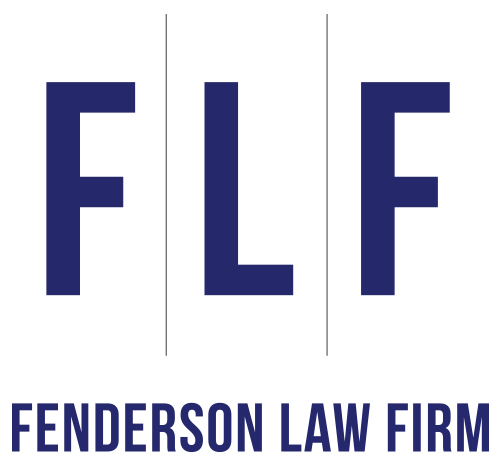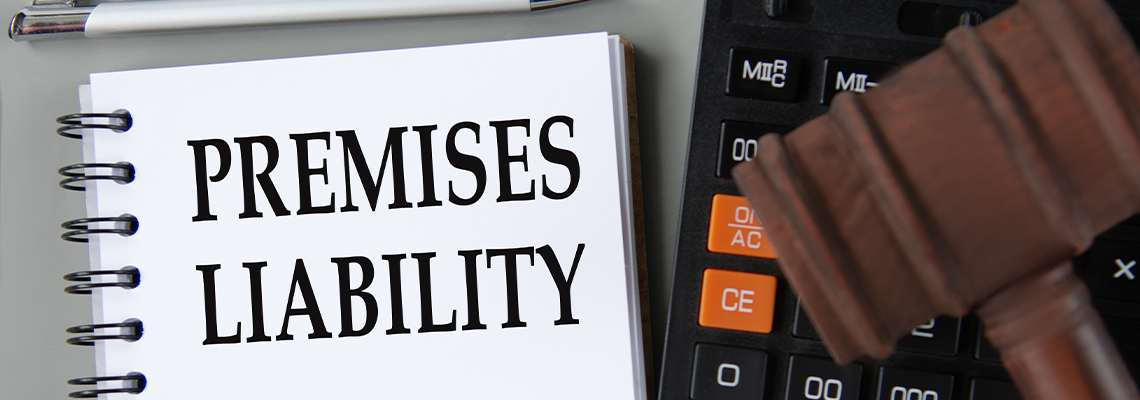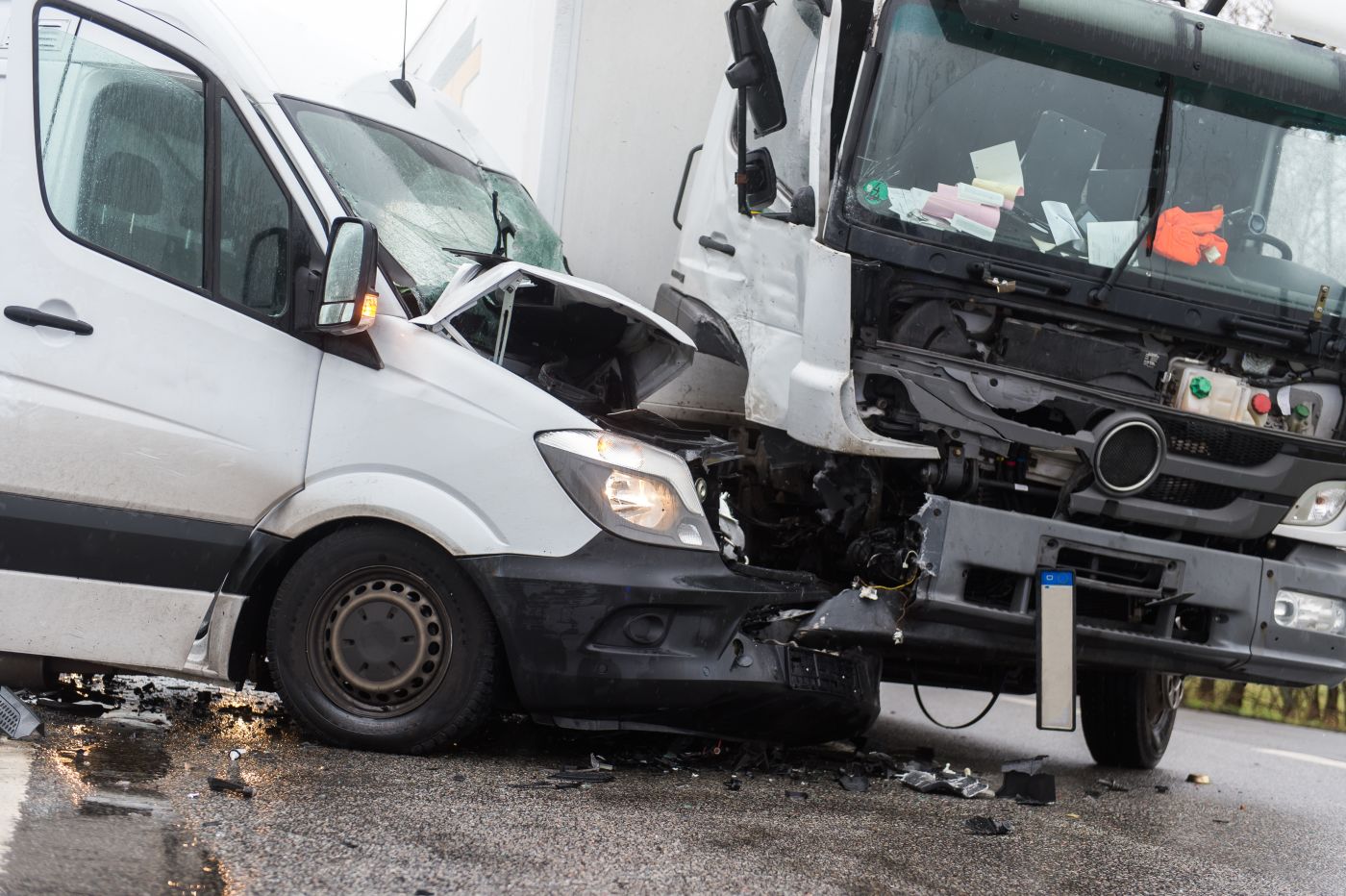
Injuries that happen on someone else’s property often raise questions about who’s responsible for the harm. Premises liability laws exist to determine when a property owner can be held accountable for unsafe conditions that cause accidents. Whether it’s a slip and fall or another type of injury, understanding how liability works can help those affected protect their rights.
At Fenderson Law Firm, we assist people who’ve been injured on someone else’s property in Florida. We know that premises liability cases can be complicated, so we work closely with our clients to guide them through every step of the process. Our focus is on providing clear communication and personalized support to help clients understand their options.
Who Can Be Held Responsible for Injuries on Private Property
Liability for injuries on someone else’s property depends on several factors, including the type of property and the circumstances of the injury. Property owners have a legal duty to maintain a safe environment for visitors, but who’s responsible varies based on the relationship between the injured person and the property owner. This is where premises liability laws come into play.
Several parties may be held liable in premises liability cases, such as the property owner, managers, or even tenants. In some cases, a business owner could be responsible if an injury happens on their commercial property. Understanding who can be held liable is essential for determining the proper legal course of action.
Types of Property Owners and Their Legal Duties
Different types of property owners have different responsibilities when it comes to premises liability. The duty owed often depends on whether the property is residential, commercial, or public. Owners must take reasonable steps to keep their property safe and address any known hazards that could cause injury.
The legal duties of property owners can be grouped into these categories:
Residential property owners: They’re responsible for maintaining safe conditions in areas where guests or invitees might be injured.
Commercial property owners: They must regularly inspect their property and repair hazards to protect customers and employees from harm.
Public property owners: They’re required to follow safety regulations designed to prevent injuries on government-owned land.
These distinctions impact how liability is determined in injury cases. The type of property often influences the strength of a premises liability claim and the strategies used to pursue it.
How the Status of the Injured Person Affects Liability
Premises liability law considers the status of the injured person because property owners owe different duties to different types of visitors. Typically, visitors are classified as invitees, licensees, or trespassers. The level of care owed by the property owner varies with each classification.
Invitees are people who enter the property for business purposes or with the owner’s permission, such as customers. Licensees include social guests who enter with consent but not for business. Trespassers enter without permission, and property owners generally owe them the least duty.
Understanding your visitor status is important when pursuing a premises liability claim. The duty owed to you by the property owner can affect whether you may have a valid claim for damages.
Common Causes of Premises Liability Accidents
Premises liability cases arise from many types of hazardous conditions. Property owners may be liable if their negligence leads to injuries caused by unsafe conditions. Some common causes include:
Slip and fall accidents: These types of accidents are often caused by wet floors, uneven surfaces, or debris.
Inadequate maintenance: This can include things such as broken stairs, faulty railings, or poor lighting.
Dangerous conditions: This can include toxic substances, exposed wires, or unsecured swimming pools.
These hazards highlight why property owners must actively maintain safety and address risks. If injured by one of these dangers, a premises liability claim may be appropriate.
Steps to Take After Suffering an Injury on Someone Else’s Property
If you’re injured on another person’s property, taking the right steps early can strengthen your case. First, seek medical attention immediately to document your injuries. Next, report the incident to the property owner or manager, so there’s an official record.
It’s also important to gather evidence whenever possible. This can include:
Photographs of the accident scene: This type of evidence can show hazards or conditions that caused the injury.
Contact information of witnesses: This can include people who saw the accident happen.
Medical records and bills: These can document the extent of your injuries and related costs.
Collecting this information helps support a premises liability claim. Consulting with a qualified attorney early can guide you on how to proceed.
How Premises Liability Claims Are Evaluated and Proven
To prove a premises liability claim, several elements must be established. The injured person must show that the property owner owed a duty of care and failed to meet that duty. It must also be proven that the failure caused the injury and resulted in damages. Key factors considered in these cases include:
Knowledge of the hazard: The owner knew or should’ve known about the dangerous condition on the property.
Reasonable steps to fix the hazard: The property owner failed to take reasonable measures to repair or address the hazardous condition.
Extent and cause of injury: The injury suffered by the claimant was directly caused by the hazardous condition and resulted in measurable damages.
At Attorney Gordon Fenderson’s office, we often advise clients to collect as much evidence as possible to support these elements. Demonstrating negligence is critical to a successful premises liability case.
Potential Defenses Property Owners Use in Premises Liability Cases
Property owners may defend against premises liability claims by arguing they met their legal obligations. In some cases, they may also claim that the injured person shares responsibility for what happened.
A common defense is a lack of knowledge, where the owner says they were unaware of the hazardous condition. Another is the assumption of risk, which applies if the injured person knowingly encountered a danger and chose to proceed anyway.
Contributory negligence is also frequently used and involves claiming the injured person’s actions helped cause the accident. These defenses can complicate a claim and potentially reduce or bar compensation. Understanding how property owners may respond helps injured parties prepare, especially when working with a lawyer familiar with premises liability disputes.
What Damages Can Be Recovered in Premises Liability Lawsuits?
Those injured on another’s property may be able to pursue compensation for various damages. These often include:
Medical expenses: These include the costs of treatment, hospitalization, rehabilitation, and any ongoing medical care related to the injury.
Lost wages: This refers to the income a person is unable to earn due to being unable to work during recovery.
Pain and suffering: This covers compensation for both physical pain and emotional distress caused by the injury.
Depending on the case, other damages such as property damage or loss of earning capacity might also be recoverable. Knowing the types of damages helps injured parties understand what they can pursue through a premises liability claim.
How to Protect Your Rights After an Injury on Another’s Property
After an injury, protecting your legal rights means acting carefully and documenting everything. Avoid giving recorded statements to insurance adjusters without legal advice, as they may seek to minimize your claim. Keep thorough records of all medical treatment and related expenses.
Maintaining communication with your attorney makes sure you’re informed and prepared at every stage. Being proactive about protecting your rights can make a significant difference in the outcome of a premises liability case.
Contact Us Today
If you were injured on someone else’s property, we can help you understand your rights under premises liability law. Located in Jacksonville and Orlando, Florida, we serve clients throughout North Florida, including Pensacola, Tallahassee, Gainesville, Ocala, and Panama City, and Central Florida, including Orlando, Tampa, St. Petersburg, Clearwater, Lakeland, Deltona, Largo, and beyond. Contact us today at Fenderson Law Firm to schedule a consultation.


